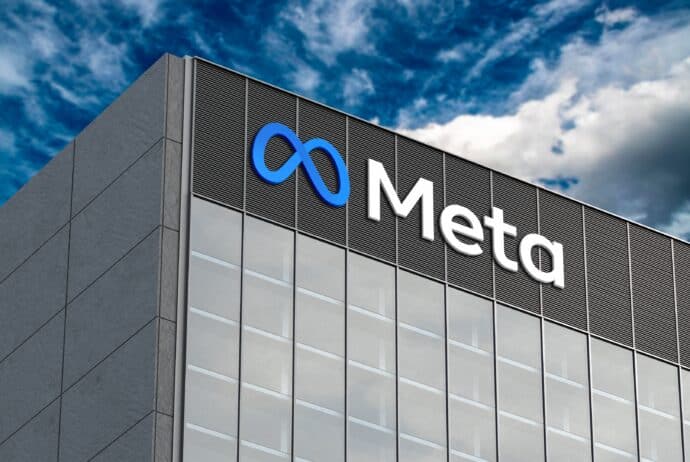Key Insights:
- Meta’s partnership with Tencent marks its return to the Chinese market, offering a chance to re-establish a presence after 14 years.
- The collaboration challenges Bytedance’s Pico VR headset, leveraging Meta’s hardware and Tencent’s content strengths.
- Amidst Sino-US tensions and competition from Apple, Meta’s China push is a calculated risk with the potential for significant implications.
Meta Platforms, in a bold move, has partnered with Tencent Holdings. This partnership marks their return to the Chinese market. Notably, Facebook and Instagram remain blocked in China. As the Wall Street Journal reported, the deal is set to kickstart in late 2024. Tencent will exclusively sell Meta’s new virtual-reality headset. This agreement offers Meta a chance to re-enter the Chinese market after a 14-year absence.
Meta’s Market Re-entry and Tencent’s Content Expertise
Additionally, the partnership poses a direct challenge to Bytedance. The latter owns TikTok and produces the Pico VR headset. Meta’s competitive pricing strategy is evident. They currently sell the Quest 2 headset in the US at $300. The more advanced Quest Pro retails at $1,000. Earlier this year, they introduced Quest 3, starting at $500.
Moreover, this move comes amid heightened Sino-US tensions. The Biden administration has recently imposed export restrictions targeting high-end technology, concrete chips. The aim is to prevent their use by the Chinese military. Consequently, Meta’s deal with Tencent assumes even greater significance.

CypherMindHQ.com Artificial Intelligence Crypto Trading System - Surpass the competition with this cutting-edge AI system! Utilize the prowess of innovative algorithms and amplify your crypto trading strategies with CypherMindHQ. Learn more today!
For the Chinese market, Meta plans to use less expensive lenses in the headset than those in Quest 3. This version will also be available in other markets. The financial arrangement between Meta and Tencent is unique. Meta will take a larger share of device sales. Meanwhile, Tencent will earn more from content and service revenue.
Significantly, the cheaper headset will offer games and apps published by Tencent. This collaboration represents a strategic move for both companies. They are leveraging their strengths in hardware and content, respectively.
Navigating Challenges and Competition in a Dynamic Market
However, this China push by Meta comes with competition. Apple is set to launch its mixed-reality headset, Vision Pro, early next year. Priced much higher than Meta’s most expensive headset, it targets enthusiasts. Despite this, according to IDC research, Quest remains the bestseller in the emerging VR market.
Hence, Meta’s partnership with Tencent is a calculated risk. It offers a potential foothold in a lucrative but challenging market. The collaboration also underscores the evolving landscape of global tech alliances.
Meta’s latest venture reflects its adaptability and strategic foresight. It recognizes the immense potential of the Chinese market. Besides, it demonstrates their willingness to tailor products to specific markets. This partnership is not just about selling headsets. It’s about re-establishing a presence in a critical global market. Consequently, the tech world will keenly watch this development. The success or failure of this venture could have far-reaching implications.



